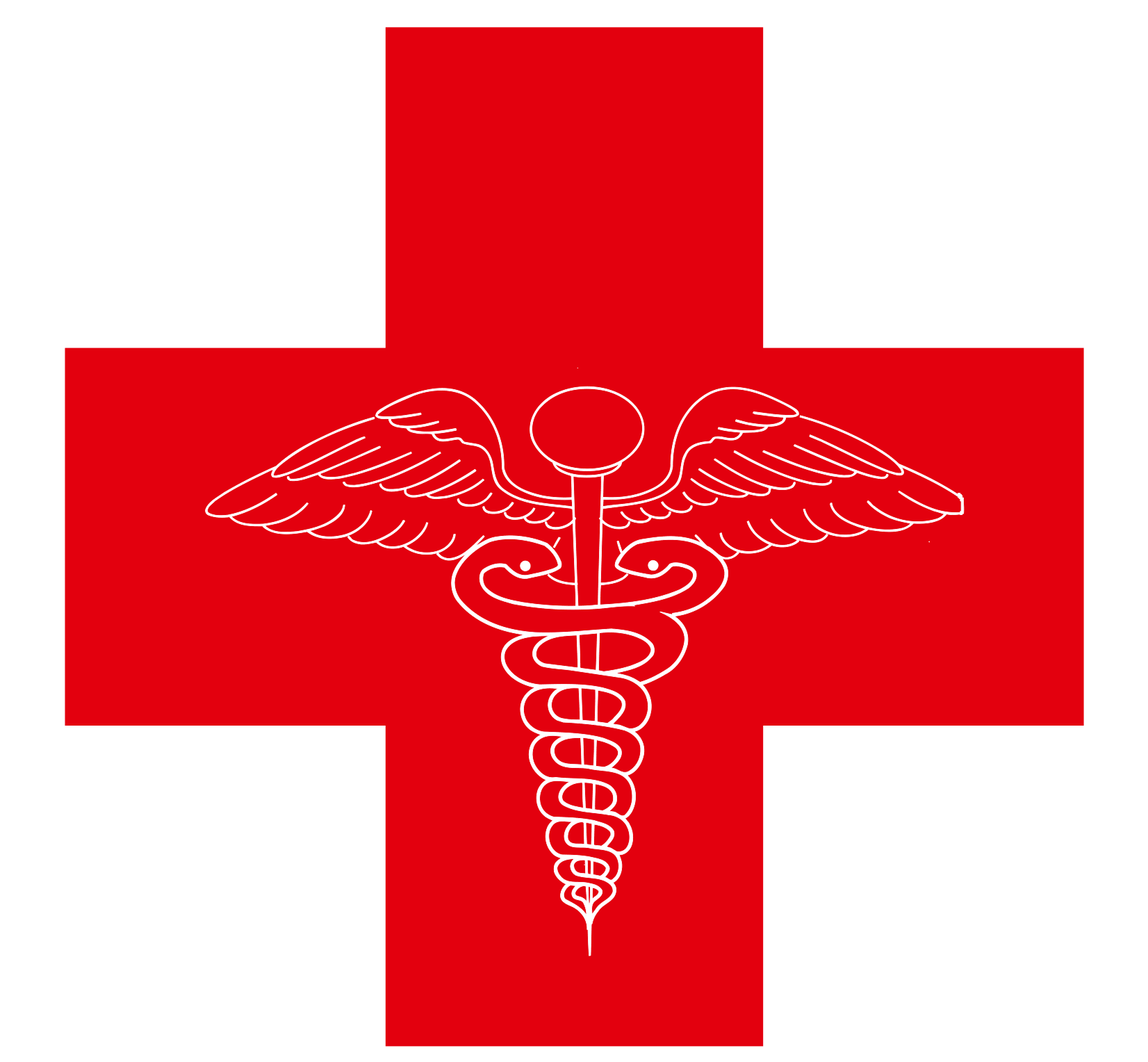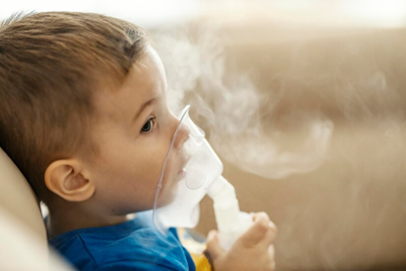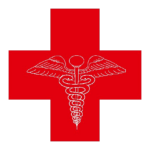A common respiratory condition affecting children of all ages, it occurs when the bronchial tubes, responsible for carrying air to the lungs, become inflamed, and irritated.
This blog will delve into the causes, symptoms, diagnosis, treatment, and prevention of bronchitis in children, providing a comprehensive guide to managing this condition effectively.
Causes of Bronchitis in Children
Bronchitis in children is most often caused by viral infections, with the rhinovirus (the virus responsible for the common cold) being the most common cause. Viruses, such as respiratory syncytial virus (RSV) and influenza, also lead to bronchitis. While bacterial infections can cause bronchitis, they are less common in children.
Symptoms of Bronchitis in Children
- Cough: A persistent cough that may start dry and eventually produce phlegm or mucus.
- Chest Congestion: Discomfort and difficulty breathing due to chest congestion.
- Wheezing: A high-pitched whistling sound during breathing caused by narrowed airways.
- Fatigue and Irritability: General tiredness, irritability, and a feeling of being unwell.
Diagnosing Bronchitis in Children
If your child shows signs of bronchitis, it’s important to consult a doctor for an accurate diagnosis. The doctor will conduct a physical examination and ask about the symptoms.
Additional tests: Chest X-ray or mucus sample analysis, may be recommended to rule out other conditions or identify bacterial infections.
Treatment and Management
- Rest and Hydration: Ensure child gets plenty of rest and fluids to stay hydrated.
- Medications: Always consult a doctor before giving over-the-counter cough suppressants or pain relievers.
- Inhalation Therapy: In severe cases, inhalation therapy may be prescribed to open the airways and reduce inflammation.
- Humidifier Use: Using a cool mist humidifier can help soothe the airways and alleviate congestion.
Preventing Bronchitis in Children
Prevention is a vital role in reducing the risk of bronchitis:
- Handwashing: Encourage regular handwashing, especially before meals and after contact with sick individuals.
- Hygiene Practices: Teach proper cough and sneeze etiquette, like covering the mouth and nose with a tissue or the inside of the elbow
- Vaccination: Ensure your child receives all recommended vaccines, including the flu vaccine.
- Avoidance of Smoke: Keep children away from tobacco smoke to minimize respiratory symptoms.




